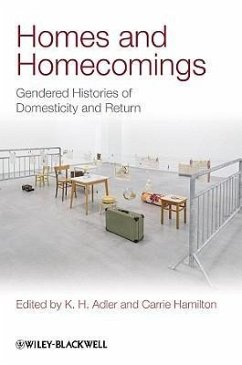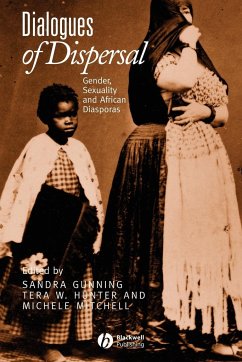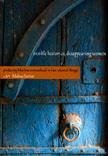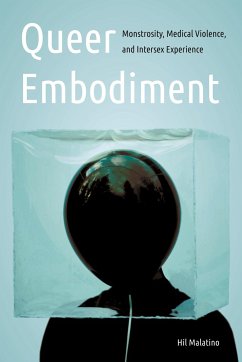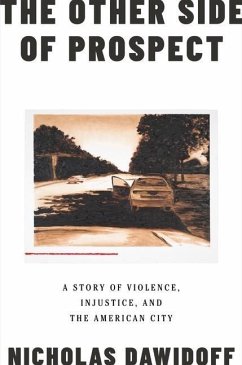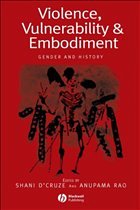
Violence, Vulnerability and Embodiment
Gender and History
Herausgeber: D'Cruze, Shani; Rao, Anupama
Versandkostenfrei!
Versandfertig in über 4 Wochen
40,99 €
inkl. MwSt.

PAYBACK Punkte
20 °P sammeln!
This well-illustrated collection uses new and interdisciplinary approaches in gender history to explore violence as a form of gendered embodiment across place and time, from the medieval world to the twenty-first century. * Uses new and interdisciplinary approaches in gender history. * Considers the issues across time, from the classical world to the twenty-first century. * Covers a wide range of locations, including Africa, China, Europe, India, Latin America, the Middle East, and Russia. * Academically and theoretically innovative. * Includes work by authors from different countries and diff...
This well-illustrated collection uses new and interdisciplinary approaches in gender history to explore violence as a form of gendered embodiment across place and time, from the medieval world to the twenty-first century. * Uses new and interdisciplinary approaches in gender history. * Considers the issues across time, from the classical world to the twenty-first century. * Covers a wide range of locations, including Africa, China, Europe, India, Latin America, the Middle East, and Russia. * Academically and theoretically innovative. * Includes work by authors from different countries and different disciplines. * Helps readers to understand violence both as a diagnostic for deeper, more complex historical structures, and as a performative act that can be read symptomatically.



